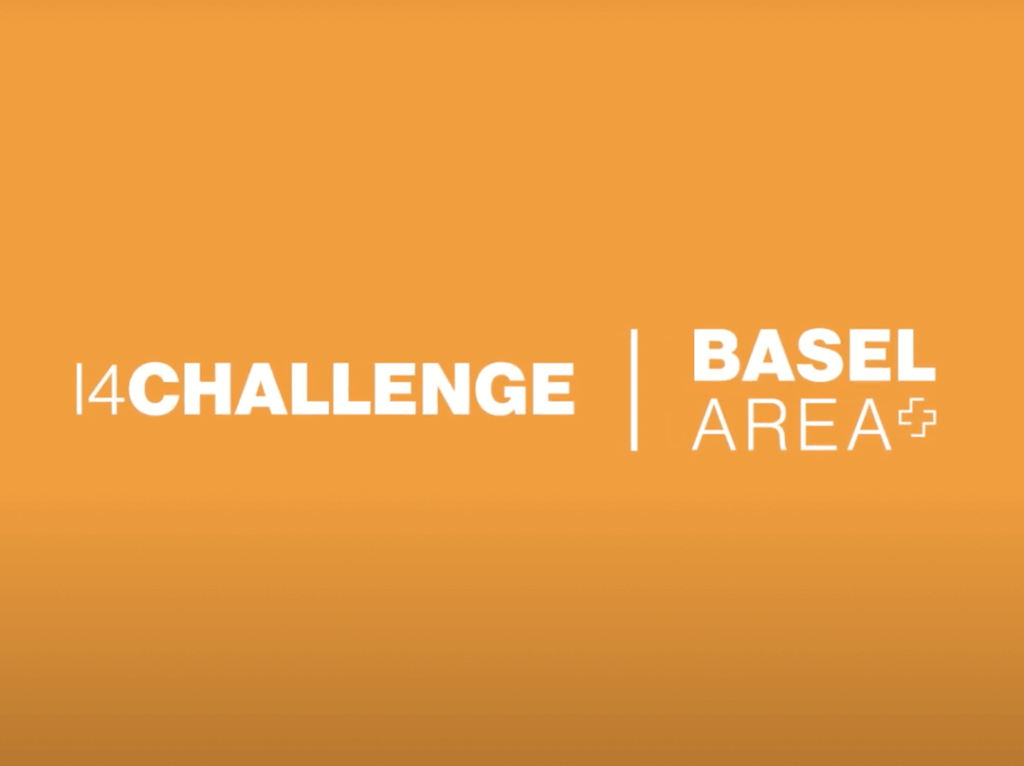Prompt Futur Thinking: collective intelligence for foresight
The "Prompt Futur" book has been written to provide elements of understanding and methodology in the face of the rapid rise of artificial intelligence and its impact on various fields, including foresight.
Note: the term prospective as used in this book refers to a multidisciplinary approach to analyzing and anticipating possible futures.
It has been designed as a practical and theoretical guide for those interested in integrating AI into their strategic thinking and planning processes. It aims to show how these technologies can be used to stimulate innovation, explore future scenarios, and contribute to more effective collective thinking about the future.

Prompt Future Thinking: a methodology to help you think ahead
This multi-faceted work brings together the knowledge and experience of various experts in AI and foresight, as well as related fields, to explore and foster the use of generative language models, such as Jasper.ai and ChatGPT, as part of a methodology entitled: "prompt future thinking". Its contributors share their thoughts, analyses and practical experiences, offering a rich and diverse perspective on the use of AI in future thinking. Their expertise spans a wide range of sectors, from education and healthcare to business and politics, highlighting the universality and versatility of these tools in diverse contexts. You'll discover how artificial intelligence and generative language models can be used to generate innovative ideas, offer alternative perspectives, synthesize complex discussions and enrich knowledge, to name but a few examples:
- Education: develop scenarios of possible futures in terms of educational policies and teaching methods, enabling educators and decision-makers to better anticipate developments in the sector and adapt their strategies.
- Health: anticipate disease trends, identify weak signals or assess the impact of new medical technologies, both to support healthcare professionals in their expertise and to improve patient care.
- Politics: proposing economic and social guidelines at a time of major upheaval in our world, between geopolitical uncertainty and climate change.
- Work: identify new roles and strategic directions in response to changes in the job market, evolving skills and organizational changes.
And even more specifically:
- Customer services: companies can use text-generating templates to create chatbots capable of answering customer questions in real time. Programmable and precise, they help improve the customer experience, reduce costs and free up some of the workload.
- Content production: text generator templates can also be used to produce content quickly and efficiently, such as product descriptions, blog posts or marketing e-mails.
- Business process automation: these same algorithms can be used to automate contract drafting, report writing and sales proposal generation.
- Image recognition: machine learning algorithms are also widely used to identify objects, people or features in images. This has led to the development of numerous applications in sectors such as security, automotive and medicine. Similarly, they are also frequently used to detect anomalies in production chains, with image analysis used to detect defects and, in supply chains, to track down late deliveries or order errors.
- Emotion recognition: identifying customers' emotions from their facial expressions, tone of voice or body language is increasingly used in call centers and retail outlets, helping companies to better understand their customers' needs and, above all, to tailor their proposals to their customers' needs.
This shows the crucial role of generative language models in the process of "prompt future thinking", and how they can contribute to the development of ideas and the exploration of various future scenarios.
Stages of Prompt Future Thinking & the players involved

Step 1: OBSERVE
- You're an expert in renewable energies. Give me a signal for change on the subject.
- ChatGPT: Green hydrogen. Hydrogen produced from renewable energies is gaining in
as an energy carrier. - Prompt: /imagine Hydrogen produced from renewable energies.

Step 2: IMAGINE
- You're an AI expert. How can multilingual and transcultural AI change communication?
- ChatGPT: High-quality machine translation: Multilingual AI systems can offer more accurate and fluent machine translation between many languages, making it easier for people to communicate across language barriers.
- Prompt: /imagine a conversation in several languages with the help of AI translators.

Step 3: EXPLORE
- You're an AI expert. Can you imagine a transformative AI-assisted proposal for the development of autonomous agriculture?
- ChatGPT: "Smart Irrigation": Implementing intelligent irrigation systems that automatically adjust water distribution based on actual crop needs, weather and the soil's ability to retain moisture.
- Prompt: /imagine Intelligent irrigation for agriculture.

Step 4: PROVE
- You're an industry expert. In the field of advanced robotics, how can we implement intelligent, operational and efficient productivity?
- ChatGPT: Robotics automation: Deploy advanced robots and automation systems for repetitive and hazardous tasks. Collaborative robots (cobots) could work alongside human employees to boost productivity.
- Prompt: /imagine Advanced robots and automation systems for repetitive tasks in industrial production

The book also takes a critical look at the use of artificial intelligence. In particular, it examines the potential impact of these technologies on the understanding of market trends and on productivity in the workplace, exploring fields as varied as industry and computer programming; as much as it also raises questions of confidentiality and the ethical challenges linked to the management of information processed by these technologies.
In summary, in an era marked by the meteoric advance of artificial intelligence, the book "Prompt Futur" stands as a key support for demystifying and harnessing the full potential of generative AI for foresight. A collaborative effort and a valuable resource for those seeking to understand and use these technologies ethically and effectively in thinking about the future by focusing on signals of change and emerging trends.
Available in all good bookshops!




